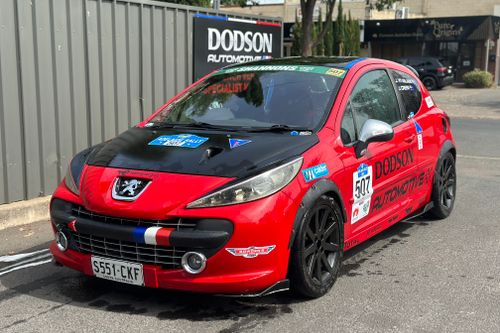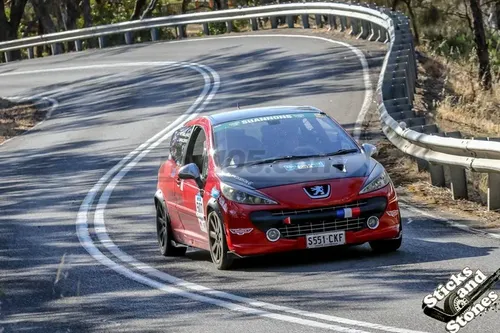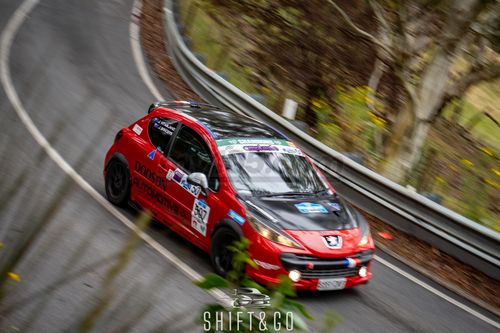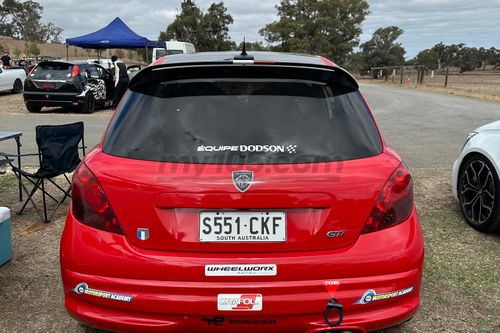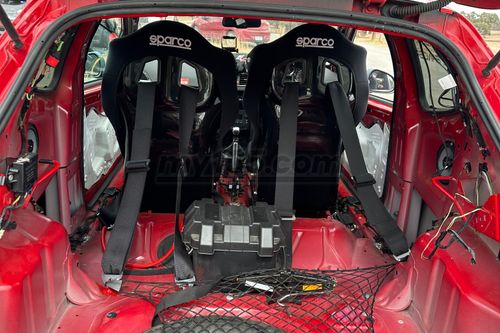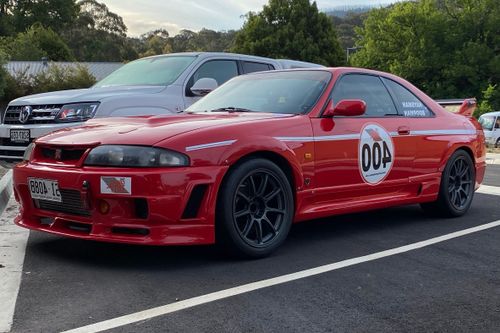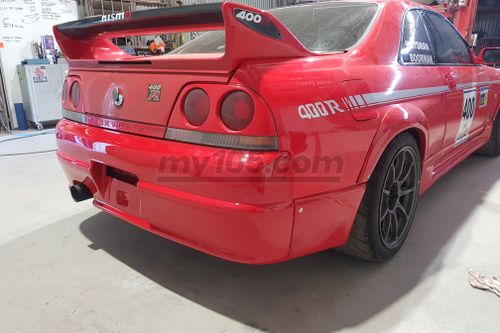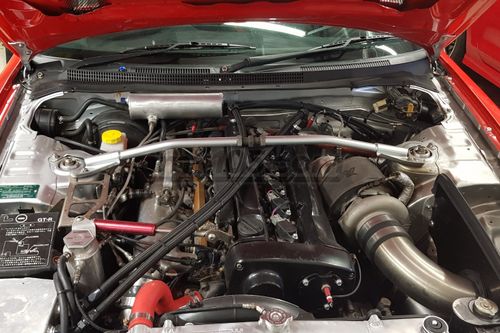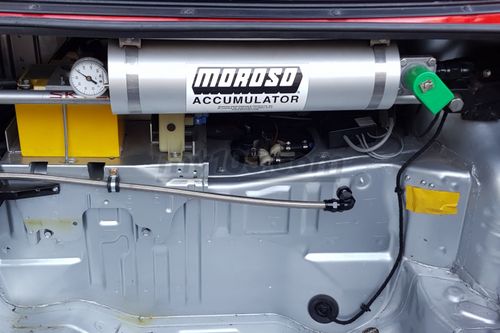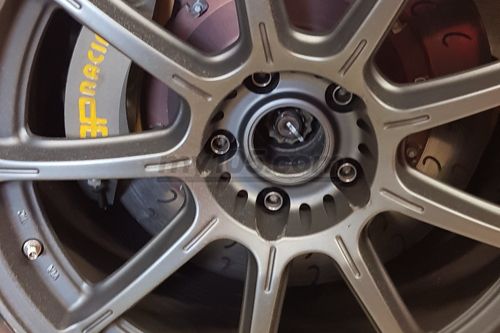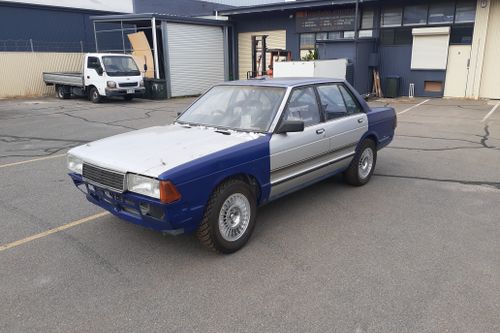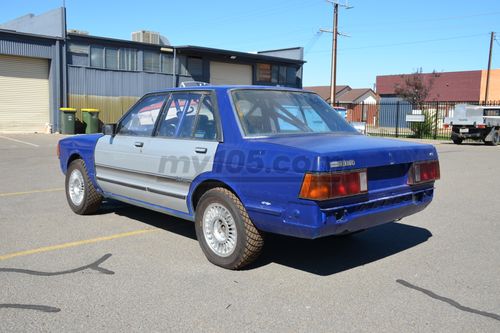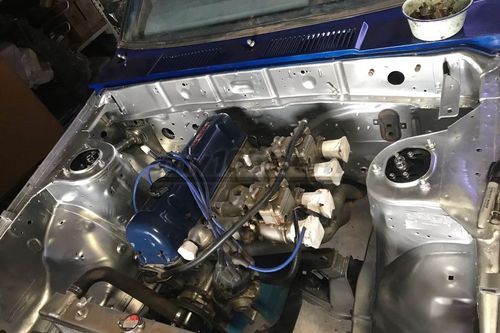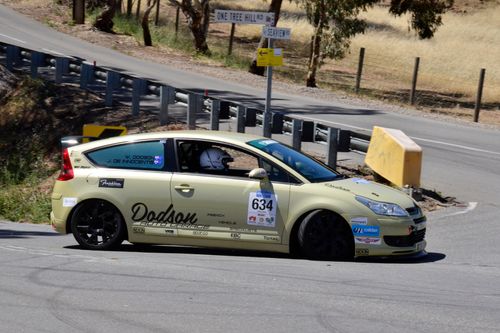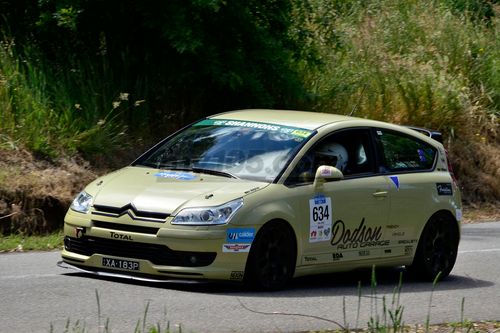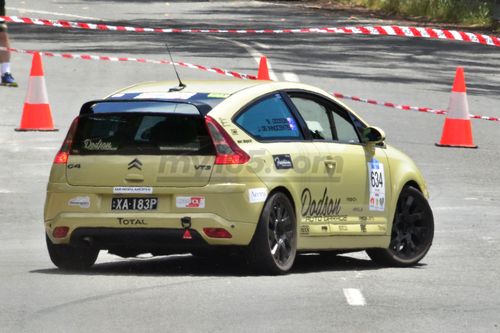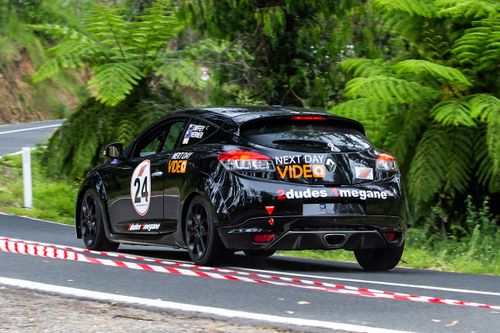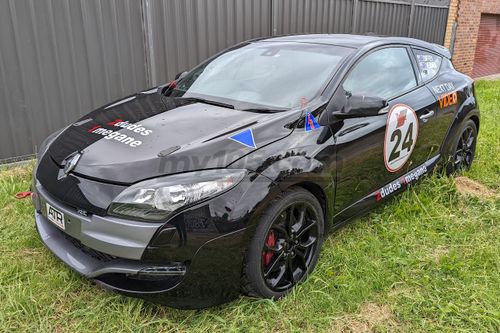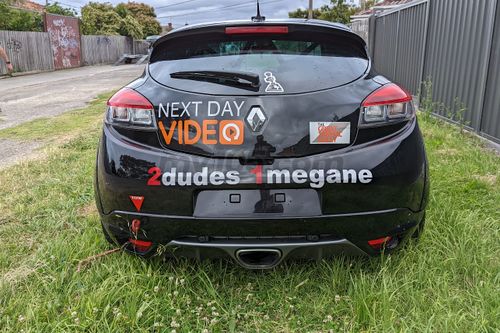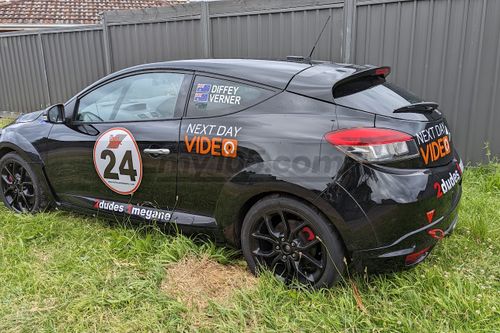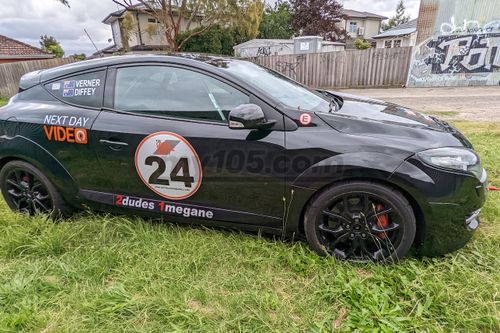14 Rally Cars for sale in South Australia
Rally cars are typically designed with a focus on durability and all-weather performance, as they often have to contend with a wide range of conditions during competition. They are usually based on production cars, but often have modifications that make them more suitable for rallying. Many are actually road legal because rally events often take place on public roads.
Rally cars are typically equipped with a handbrake, which is used to initiate a four-wheel drift around corners. This is one of the most iconic aspects of rally driving, and it takes a great deal of skill to master. Rally drivers also need to be very adept at reading the terrain and making quick decisions on the best line to take through a stage.
Co-drivers play a vital role in rally competitions, as they are responsible for reading stage notes and communicating them to the driver. This allows the driver to focus on the task at hand and maintain a good pace through the stage. Co-drivers also keep track of the car's position during the rally, which is crucial information for both the driver and team strategists.
Most modern rally cars are four-wheel drive, which gives them better traction on loose surfaces such as gravel or dirt. This is useful in rally competitions, where the stages (the individual sections of the race) are often run on such surfaces. Historically, rally cars were mostly two-wheel drive. However, four-wheel drive rally cars began appearing in the 1980s, and by the early 1990s, they became the norm in rallying.
If you're interested in getting started in rally racing, there are a few things you'll need to do. First, you'll need to find a car that meets the requirements for the class you want to compete in. Once you have a car, you'll need to make sure it's prepared for racing. This includes adding safety equipment, such as a roll cage, and making any necessary mechanical modifications. You'll also need to get a racing license from your local motorsport authority.
Live Cars (14)
Popular Past Cars (107)
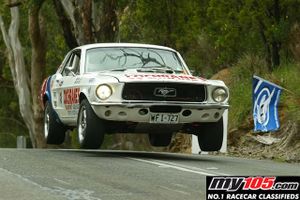
Mustang '67 Gravel & Tarmac
International rallying history, London to Sydney, Sweden to Jordan, South America, Sliver-fern, Rally Tasmania and Classic Adelaide. Came close to winning Classic Adelaide and Rally Tas. Will pull out
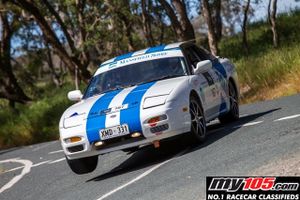
NISSAN 180SX 1995
2017 Adelaide Rally Modern Competition- tick. Finish what u start with highly reliable Nissan 180SX. CAMS Logbook SA Road Reg'n: XMD331 Completed Targa High Country, Adel Hills Tarmac Rally, ClassicAd
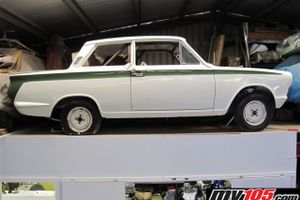
Ford Cortina Mk1 Lotus
Ford Cortina 1966 Mk1 Lotus Replica Professionally prepared, painted ultra clean rust free rolling shell. Tig welded cage, suit Group N or historic Rally. Comes with all body panels, just add your ch
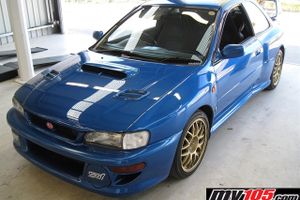
STI 22B Impreza
Genuine 1998 model sti 22b, very rare collectable,imported for race/rally use, can have permit registration, build 46 of 400 made, has service books & homoligation papers from subaru japan, more photo
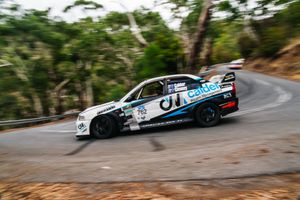
Mitsubishi Lancer EVO 6.5 TME Tommi Makinen
2000 Mitsubishi Lancer EVO 6.5 TME Genuine Tommi Makkinen Evo Highly Developed, Highly Competitive Multiple Rally Winning Car Targa Spec Tarmac Rally Car Driven by Ben Calder and Steve Glenney Car De
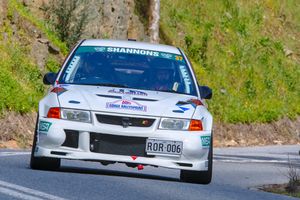
1999 Mitsubishi Lancer EVO VI
99' Mitsubishi EVO VI Tarmac Rally Car Turn /Reliable and budget friendly.... FULL Tarmac Rally Cage, CAMS Certified, Papers to prove, CAMS Logbook aswell 6F/4R Piston Caliper Upgrade AP Ra
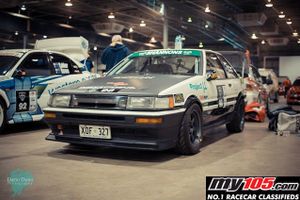
AE86 Sprinter IPRA/Rally
Imported AE86 built for IPRA under 2L or Late Classic Tarmac Rally. 2012 Improved Production Under 2L State Championship winning car, top 10 finish Targa High Country 2013. Dry sumped 3sge Beams moto
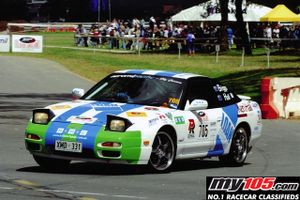
Nissan 180SX Tarmac Rally Car
Fast reliable Tarmac rally track car, road registered, CAMS logbook, successfully completed Classic Adelaide and ASP Tarmac Rallies. Full cams CDW cage, Velo Viper seats with 6 point TRS Harness, Extr
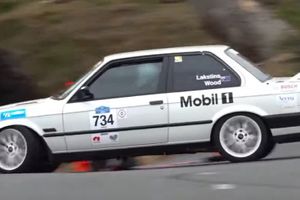
BMW E30 Challenge Tarmac Rally /Road Car
***Road Registered*** Reduced price was $50k. Euro E30 325i Hartge replica, professionally built, this build started with the latest model, cleanest rust free 2 door body we could find with no expense
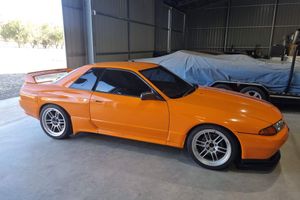
1990 Nissan Skyline R32 GT-R
Road registered in SA, this GTR (import) has been professional built to a very high standard and current set up would suit the new half cage 120 Challenge tarmac Adelaide rally category. Many options
Browse Categories
- Box Trailers
- Buggies
- Burnout Cars
- Car Trailers
- Classic Cars
- Collectables & Memorabilia
- Drag Cars
- Drift Cars
- Enclosed Trailers
- Engines
- Formula
- Go Karts
- High Performance Cars
- Historic Cars
- Hot Rods
- JDM Cars
- Motorcycle Trailers
- Motorcycles
- Muscle Cars
- Off Road Race Cars
- Parts & Accessories
- Race Cars
- Rally Cars
- Speedcars
- Speedway Cars
- Sports Cars
- Sprint Cars
- Suspension, Brakes, Tyres & Wheels
- Track Cars
- Transmissions & Gearboxes
- Trophy Trucks
- Unfinished Project Cars
- Unique, Show & Prestige Cars
- V8 Cars
- Vintage Cars
- Workshop, Crew, Drives & Apparel
Browse Locations
- Rally Cars in Australia
- Rally Cars in New Zealand
- Rally Cars in United States
- Rally Cars in United Kingdom
- Rally Cars in Canada
- Rally Cars in New South Wales
- Rally Cars in Victoria
- Rally Cars in Queensland
- Rally Cars in Western Australia
- Rally Cars in South Australia
- Rally Cars in Australian Capital Territory
- Rally Cars in Tasmania
- Rally Cars in Northern Territory
Browse Cars
- Mitsubishi in South Australia
- Ford in South Australia
- Nissan in South Australia
- Subaru in South Australia
- Mazda in South Australia
- BMW in South Australia
- Chevrolet in South Australia
- Datsun in South Australia
- Holden in South Australia
- Honda in South Australia
- Triumph in South Australia
- Audi in South Australia
- Hyundai in South Australia
- Mini in South Australia
- Porsche in South Australia
- Renault in South Australia
- Status in in South Australia
- Toyota in South Australia
